Description
A nurse is reviewing changes in healthcare delivery and funding for pediatric populations. Which
current trend in the pediatric setting should the nurse expect to find?
a. Increased hospitalization of children
b. Decreased number of uninsured children
c. An increase in ambulatory care
d. Decreased use of managed care
ANS: C
One effect of managed care is that pediatric healthcare delivery has shifted dramatically from the acute
care setting to the ambulatory setting. The number of hospital beds being used has decreased as more
care is provided in outpatient and home settings. The number of uninsured children in the United
States continues to grow. One of the biggest changes in healthcare has been the growth of managed
care.
DIF: Cognitive Level: Comprehension
OBJ: Nursing Process Step: Planning
REF: p. 3
MSC: Safe and Effective Care Environment
2. A nurse is referring a low-income family with three children under the age of 5 years to a program that
assists with supplemental food supplies. Which program should the nurse refer this family to?
a. Medicaid
b. Medicare
c. Early and Periodic Screening, Diagnostic, and Treatment (EPSDT) program
d. Women, Infants, and Children (WIC) program
ANS: D
WIC is a federal program that provides supplemental food supplies to low-income women who are
pregnant or breast-feeding and to their children until the age of 5 years. Medicaid and the Medicaid
Early and Periodic Screening, Diagnostic, and Treatment (EPSDT) program provides for well-child
examinations and related treatment of medical problems. Children in the WIC program are often
referred for immunizations, but that is not the primary focus of the program. Public Law 99-457
provides financial incentives to states to establish comprehensive early intervention services for infants
and toddlers with, or at risk for, developmental disabilities. Medicare is the program for Senior
Citizens.
DIF: Cognitive Level: Application
OBJ: Nursing Process Step: Implementation
MSC: Health Promotion and Maintenance
REF: p. 7
3. In most states, adolescents who are not emancipated minors must have parental permission before:
a. treatment for drug abuse.
b. treatment for sexually transmitted diseases (STDs).
c. obtaining birth control.
d. surgery.
ANS: D
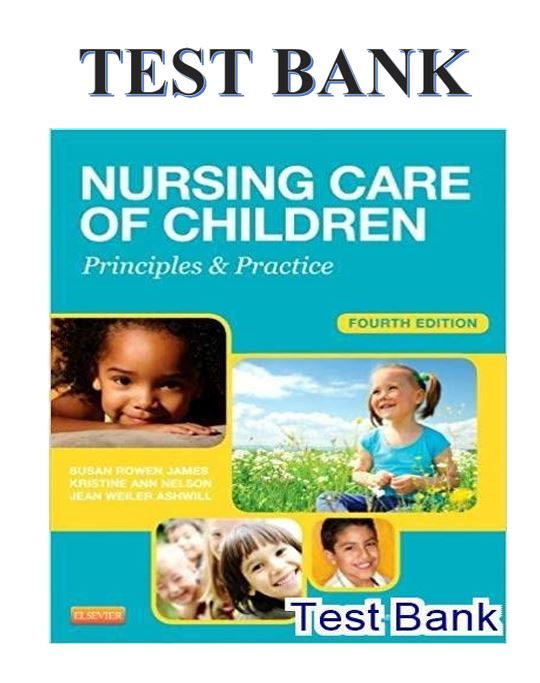
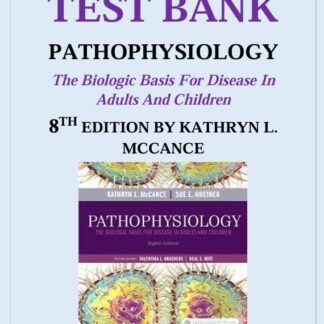
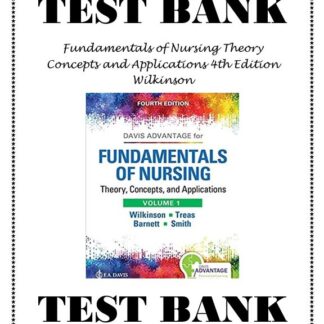
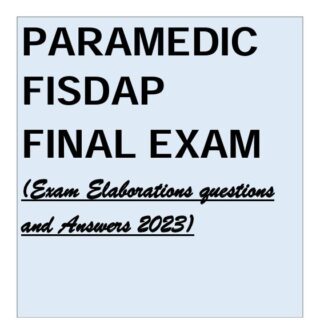
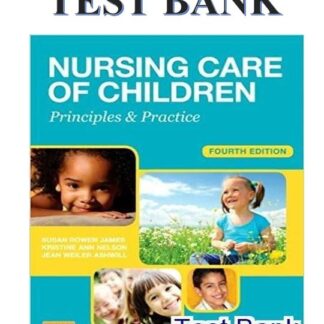
Reviews
There are no reviews yet.